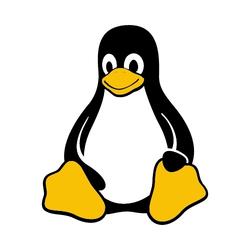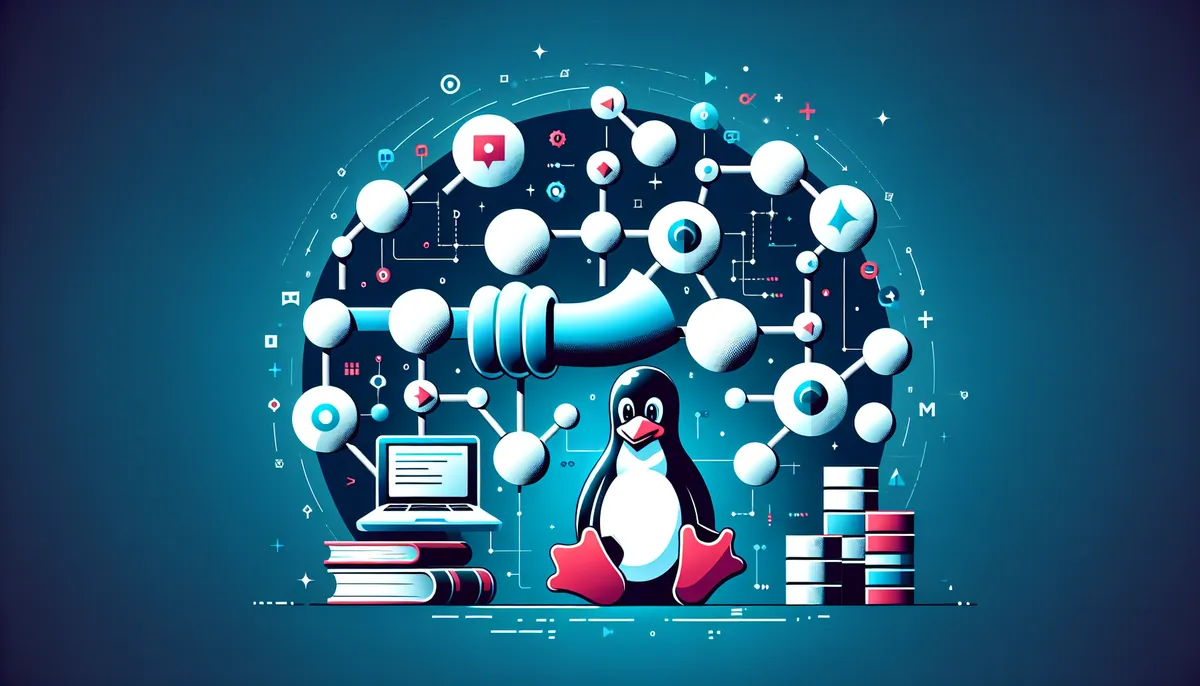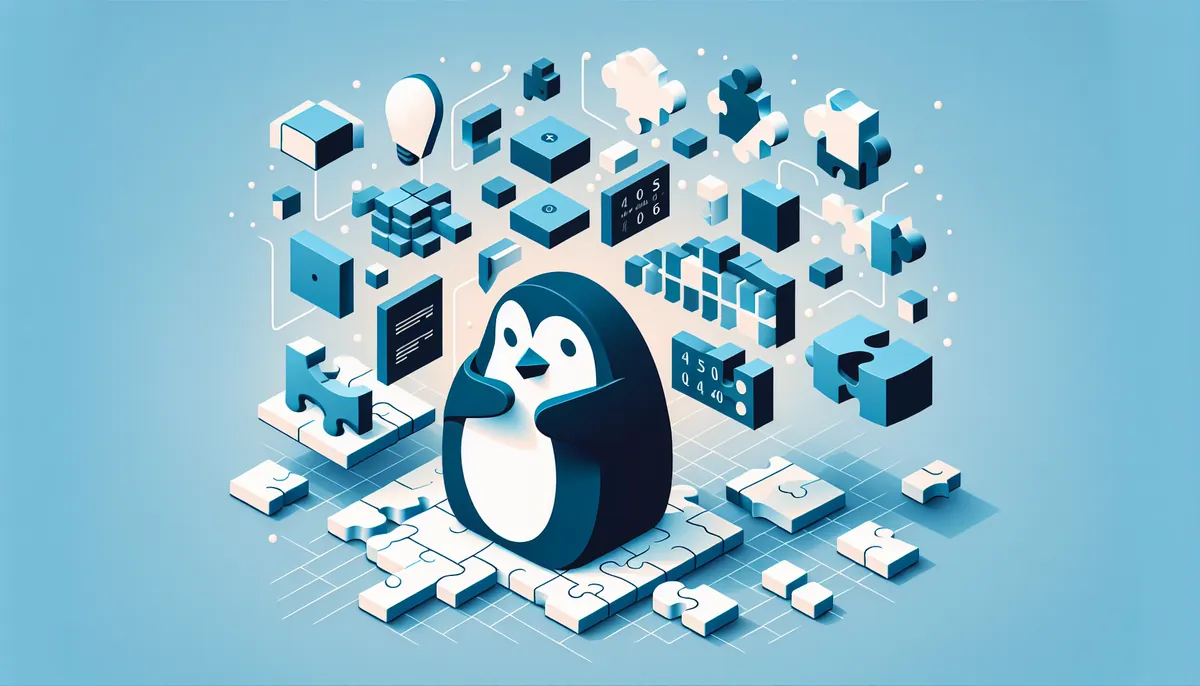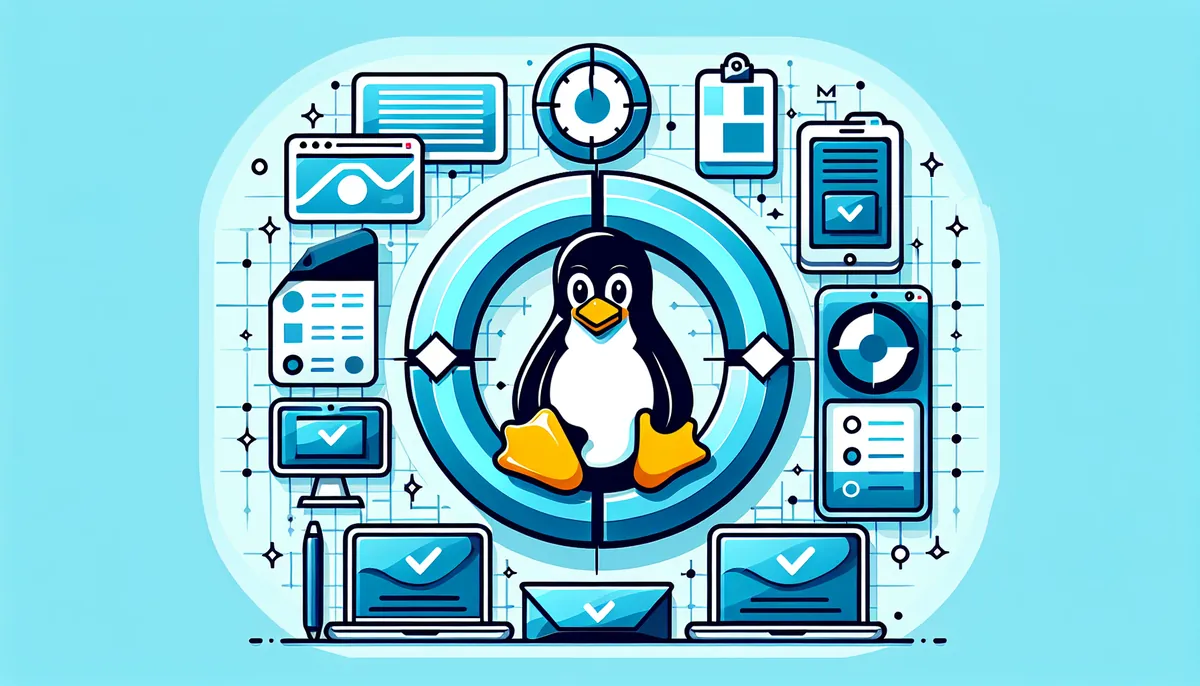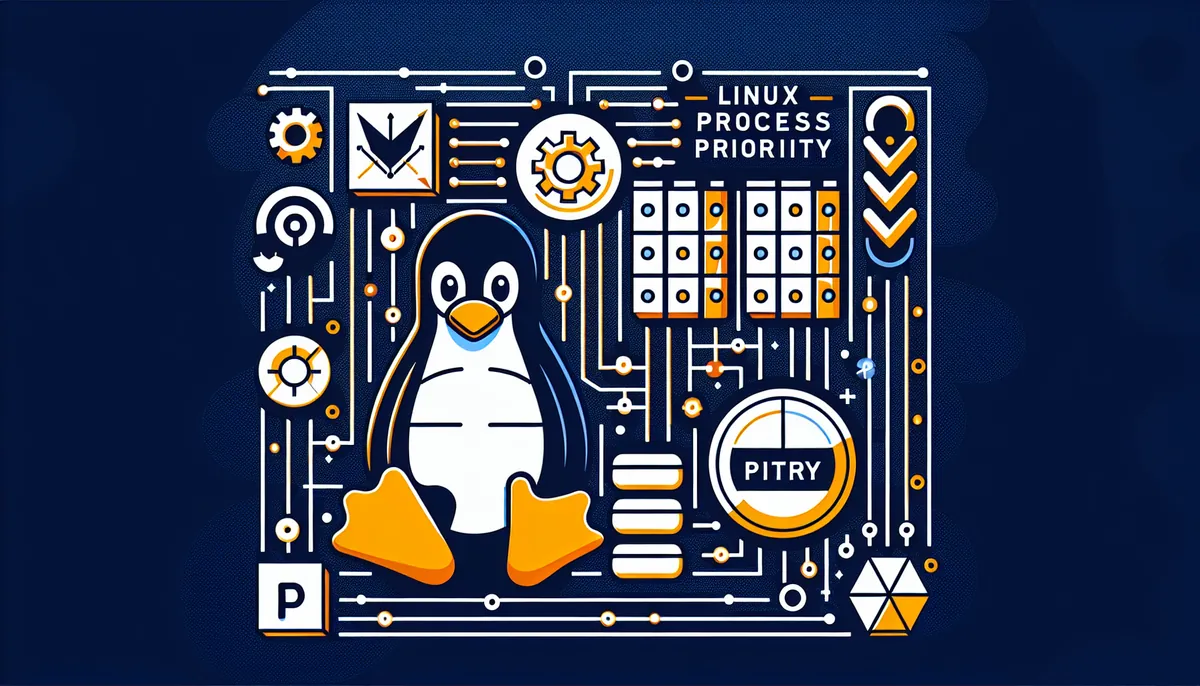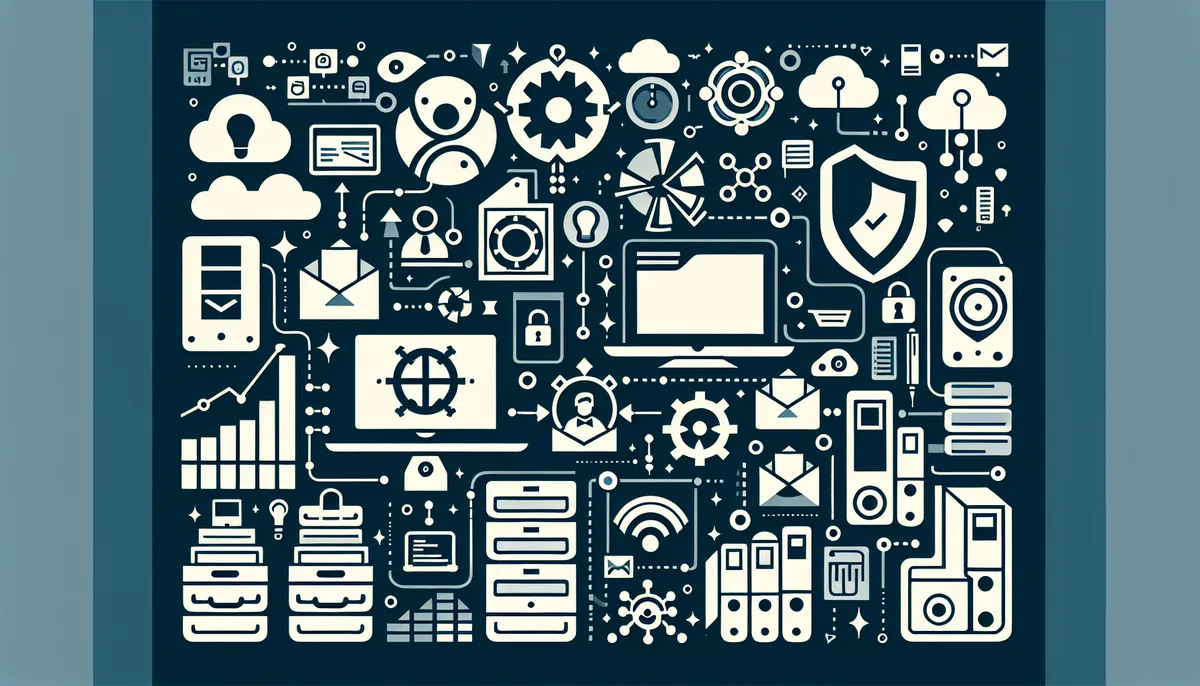Understanding Linux Buffer Caching: Optimize System Performance
Memory management is one of the most crucial aspects of operating system performance, and Linux’s buffer caching system plays a vital role in this process. Let’s dive deep into how buffer caching works in Linux and how you can optimize it for better system performance. What is Buffer Caching? Buffer caching is a memory management … Read more

